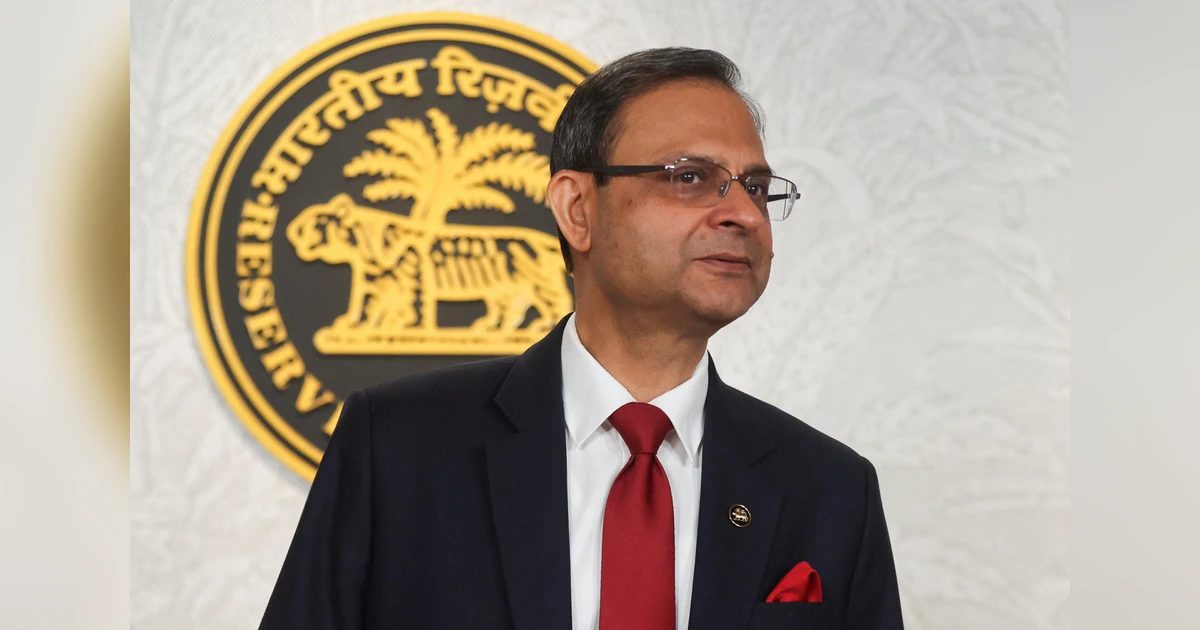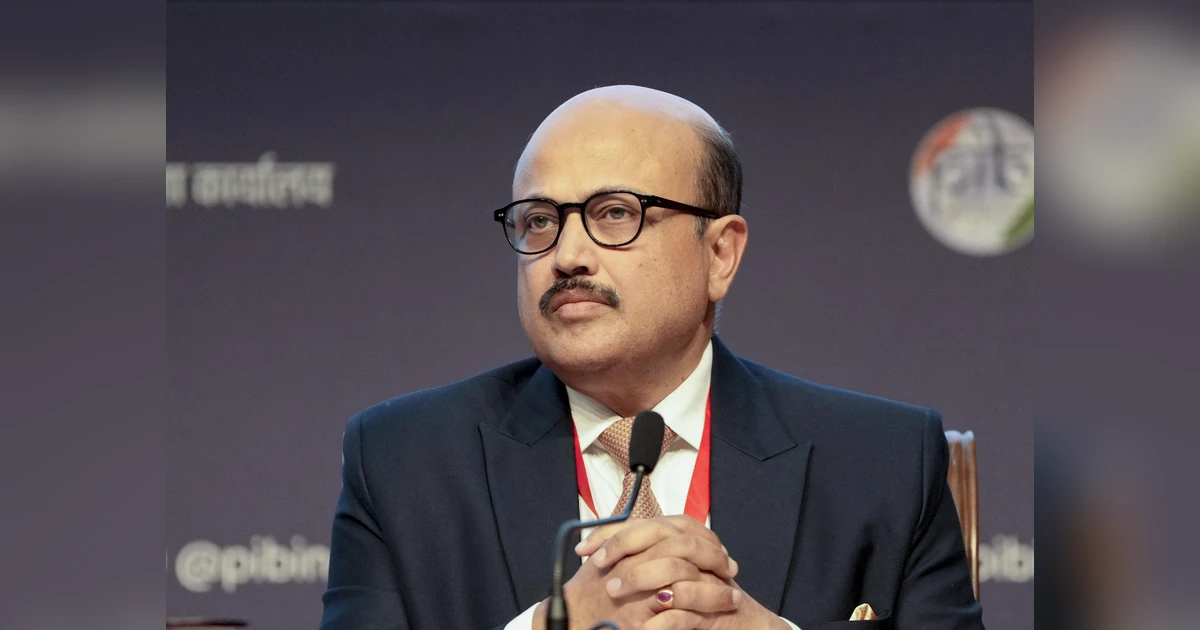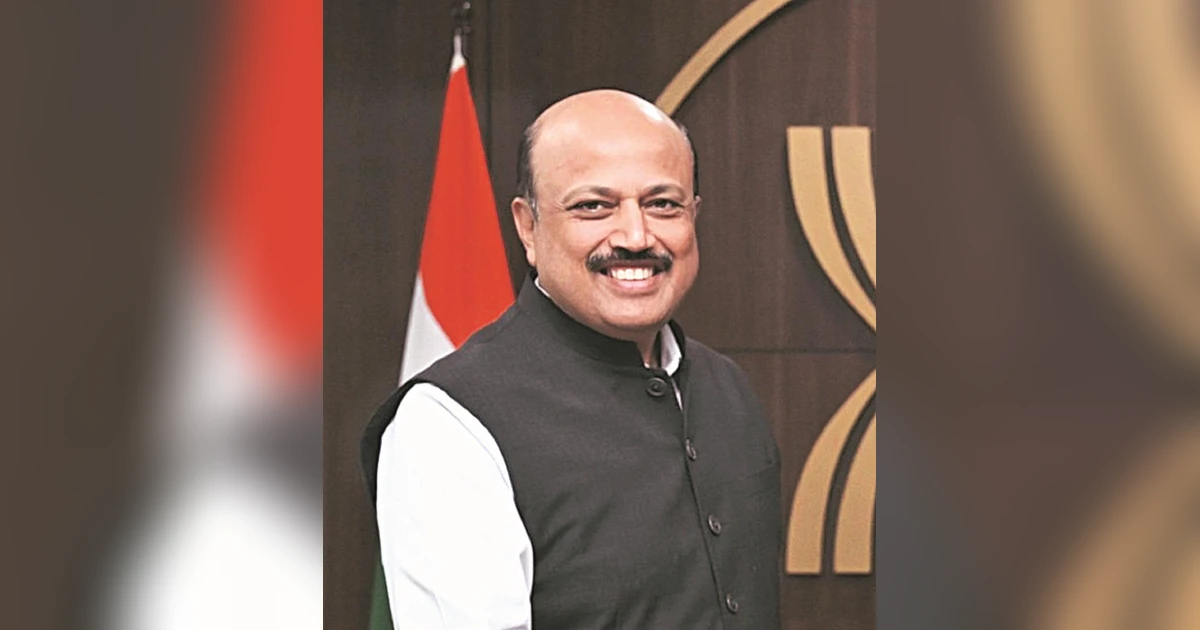A gradual approach to privatise public sector banks (PSBs) is more ideal than taking a big-bang approach, a study by Reserve Bank of India (RBI) staff has concluded.
It has backed the government’s idea to privatise two PSBs initially. Such a gradual approach would ensure that large-scale privatisation does not create a void in fulfilling important social objectives of financial inclusion and monetary transmission, the study has argued.
“…a big-bang approach of privatisation of these banks may do more harm than good,” the study said.
PSBs, unlike the private sector banks, are not entirely guided by the profit maximisation goal. Rather they have integrated the desirable financial inclusion goals in their objective function.
The study has found that labour cost efficiency is higher in PSBs in comparison to private banks. Also, empirical evidence has suggested that lending by PSBs is less procyclical than private banks. Thus, PSBs help counter-cyclical policy actions to gain traction.
PSBs have weathered the storm of Covid-19 pandemic well, despite constant criticism of their weak balance sheets. “Recent mega mergers of PSBs has resulted in consolidation of the sector, creating stronger and more robust and competitive banks,” the study said.
The state-run banks have gained greater market confidence in recent years and the establishment of the National Asset Reconstruction Company (NARCL), or popularly known as the “bad bank”, will help them in cleaning up the legacy burden of bad loans from their balance sheets.
“The recently constituted National Bank for financing infrastructure and development (NABFiD) will provide an alternate channel of infrastructure funding, thus reducing the asset liability mismatch concerns of PSBs. Overall, these reforms are likely to help strengthen the PSBs further,” the study said.
 Dear Reader,
Dear Reader,
Business Standard has always strived hard to provide up-to-date information and commentary on developments that are of interest to you and have wider political and economic implications for the country and the world. Your encouragement and constant feedback on how to improve our offering have only made our resolve and commitment to these ideals stronger. Even during these difficult times arising out of Covid-19, we continue to remain committed to keeping you informed and updated with credible news, authoritative views and incisive commentary on topical issues of relevance.
We, however, have a request.
As we battle the economic impact of the pandemic, we need your support even more, so that we can continue to offer you more quality content. Our subscription model has seen an encouraging response from many of you, who have subscribed to our online content. More subscription to our online content can only help us achieve the goals of offering you even better and more relevant content. We believe in free, fair and credible journalism. Your support through more subscriptions can help us practise the journalism to which we are committed.
Support quality journalism and subscribe to Business Standard.
Digital Editor


 Dear Reader,
Dear Reader,

